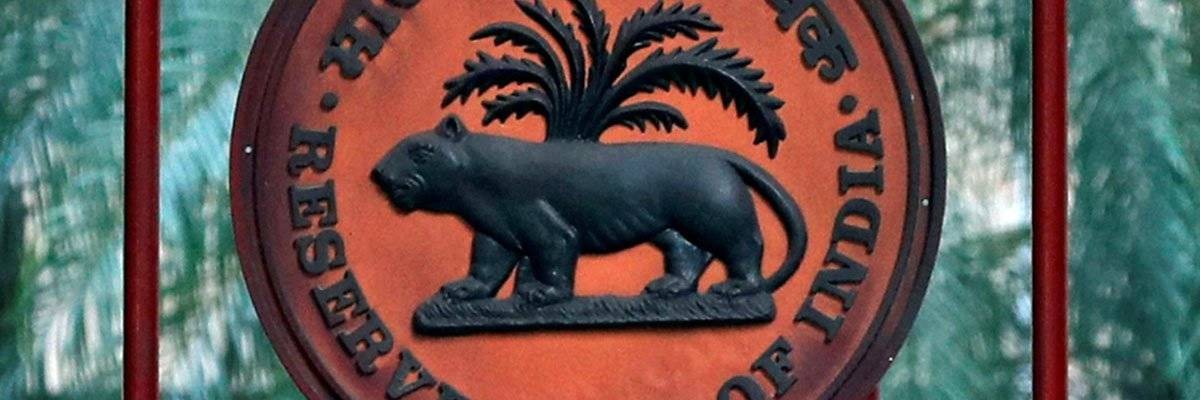
The Reserve Bank of India (RBI) board ended its marathon nine-hour meeting on Monday on a conciliatory note — implying that the government and the apex bank will work together on transfer of reserves, easing of lending restrictions on weak banks, special schemes for the micro, small and medium enterprises (MSME) and liquidity issues.
With the RBI and the government stepping away from their extreme positions, the financial market is expected to react positively. Foreign investors, who have been closely following the power tussle between the government and the RBI, will also be happy with the meeting's conclusion. The next board meeting of the RBI will now be held in Delhi on December 14.
The RBI board members decided to meet the government halfway by setting up a joint expert committee to decide on the contentious issue of capital transfers from the apex bank to the government. Recently, the two had locked horns over the Centre's request to transfer part of the RBI's 9.69 lakh crore contingency reserve to its coffers, which the government will now have to wait for till the committee's recommendations are submitted.
Economic affairs secretary Subhash Chandra Garg also gave a presentation on the economic capital framework, according to sources.
"The board decided to constitute an expert committee to examine the ECF (Economic Capital Framework), the membership and terms of reference which will be jointly determined by the Government of India and the RBI," said the Central Bank in a late evening release.
On the contentious issue of the prompt corrective action (PCA) framework where 11 banks have lending restriction imposed on them so that they clean up the NPA pile on their balance sheet, the RBI said, "It was decided that the matter will be examined by the Board for Financial Supervision (BFS) of RBI." Sources said the RBI is likely to relent and lift lending restrictions, specially on banks showing signs of a turnaround.
On providing support to the micro, small and medium enterprises (MSME), the RBI said, "The board advised that the RBI should consider a scheme for restructuring of stressed standard assets of MSME borrowers with aggregate credit facilities of up to Rs 250 million, subject to conditions to ensure financial stability."
The RBI also agreed to extend the period for banks to transition to Base III norms while maintaining that banks need to keep a capital adequacy ratio of 9 per cent, higher than the international requirement of 8 per cent.
However, sources say that the issue the RBI will not relent is on the norms it has set up for non-performing assets. In February this year, the RBI had come out with regulations that mandated all loans of Rs 2000 crore and above in the default status would have to be resolved under the National company law tribunal (NCLT).
The meeting on Monday was attended by all 18 members, including Governor Urjit Patel and four deputy governors — NS Vishwanathan, Viral Acharya, B P Kanungo and Mahesh Kumar Jain. Meanwhile, Subhash Chandra Garg, Economic Affairs Secretary, and Rajiv Kumar, Financial Services Secretary were the government nominees present at the meeting. Government nominees S Gurumurthy, Tata Sons chairman N Chandrasekaran, along with former Mahindra and Mahindra finance head BN Doshi were also in attendance.


.jpeg)

